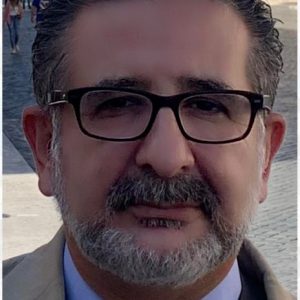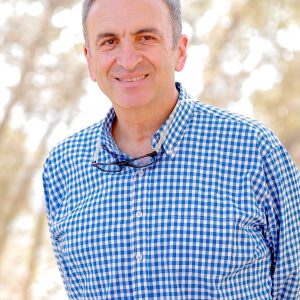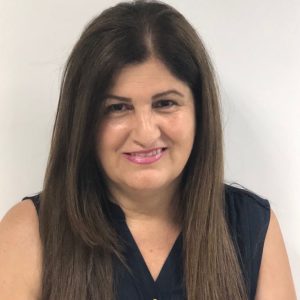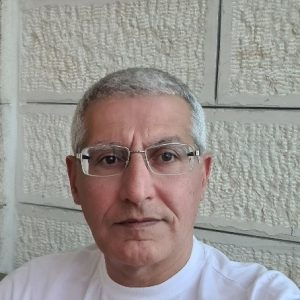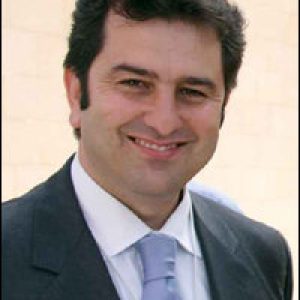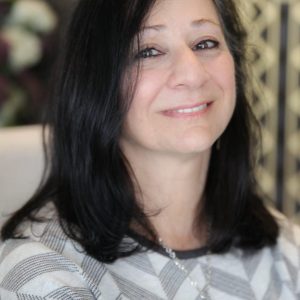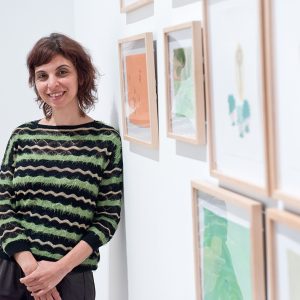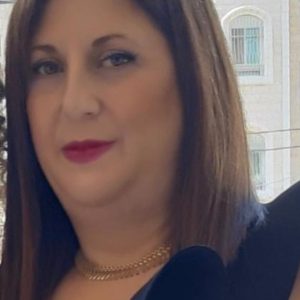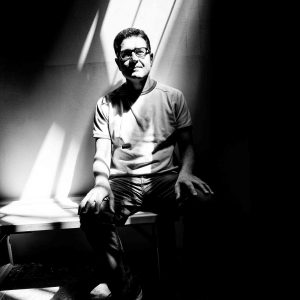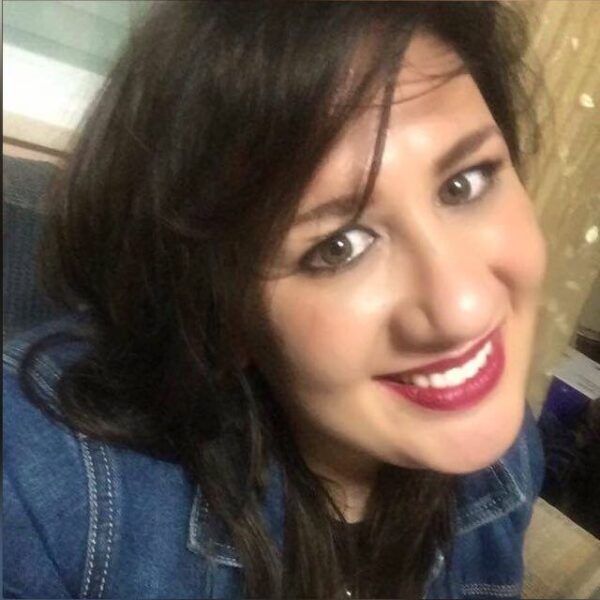About
Any place that attracts constant news coverage is inevitably bound by the perceptions of others. With instant access to global news, such perceptions can become simplistic, often biased, and be devoid of any but the most recent context, skimming over the longstanding complexities of a situation and leaving them to the domain of legal analysis and academic historians. In the case of Palestine, these perceptions also risk becoming heavily polarised, decreasing the likelihood that any reality other than perpetual conflict, political ineptitude and mutual victimhood can ever be conveyed.
Challenging these stereotypes is a major task, especially in a situation where iniquitous policies and the blatant abuse and suppression of human rights are exercised through the aggressive pursuit of ideological aims, enacted through military force and driven by the argument of claims to historical determination – with the apparent abandonment of any semblance of historical and moral responsibility. It can be difficult for any individual or group or organisation when trying to operate in such circumstances to maintain a positive outlook and a sense of investment in a future.
Cultural events and cultural production can be some of the first casualties of society in these situations and be pushed down any lists of priorities. However, outside of the political and security apparatuses that are an integral aspect of daily reality in this particular context, there are organisations that aim to operate and enact events and communication at the level of human and social normality. They aim not only to initiate constructive communication, both locally and globally, but also to provide much-needed platforms for a different kind of analysis of reality. They cannot control media representations, but they can introduce pockets of resistance to dominant perceptions.
Al Ma’mal Foundation for Contemporary Art in Jerusalem is an example of such an organisation, whose creative approach engenders several advantages. Through the programmes and activities Al Ma’mal and its precursor Gallery Anadiel have been putting on since the early 1990s, individuals have been able to be liberated from the frustration of causes and effects and provided with some means to emotionally, and practically, disengage from the political futilities and have some opportunities to be creative and immersive in something different. The “situation” is not removed, but is kept at a safe enough distance to allow for a different space. While inevitably situated within the political realities from which they have emerged, Al Ma’mal and Gallery Anadiel have generated constructive cultural and social dialogue within their own communities and constituencies and further afield. Over the years, Al Ma’mal has consistently initiated cultural production in defiance of all the potential constraints, and established an international presence and identity.
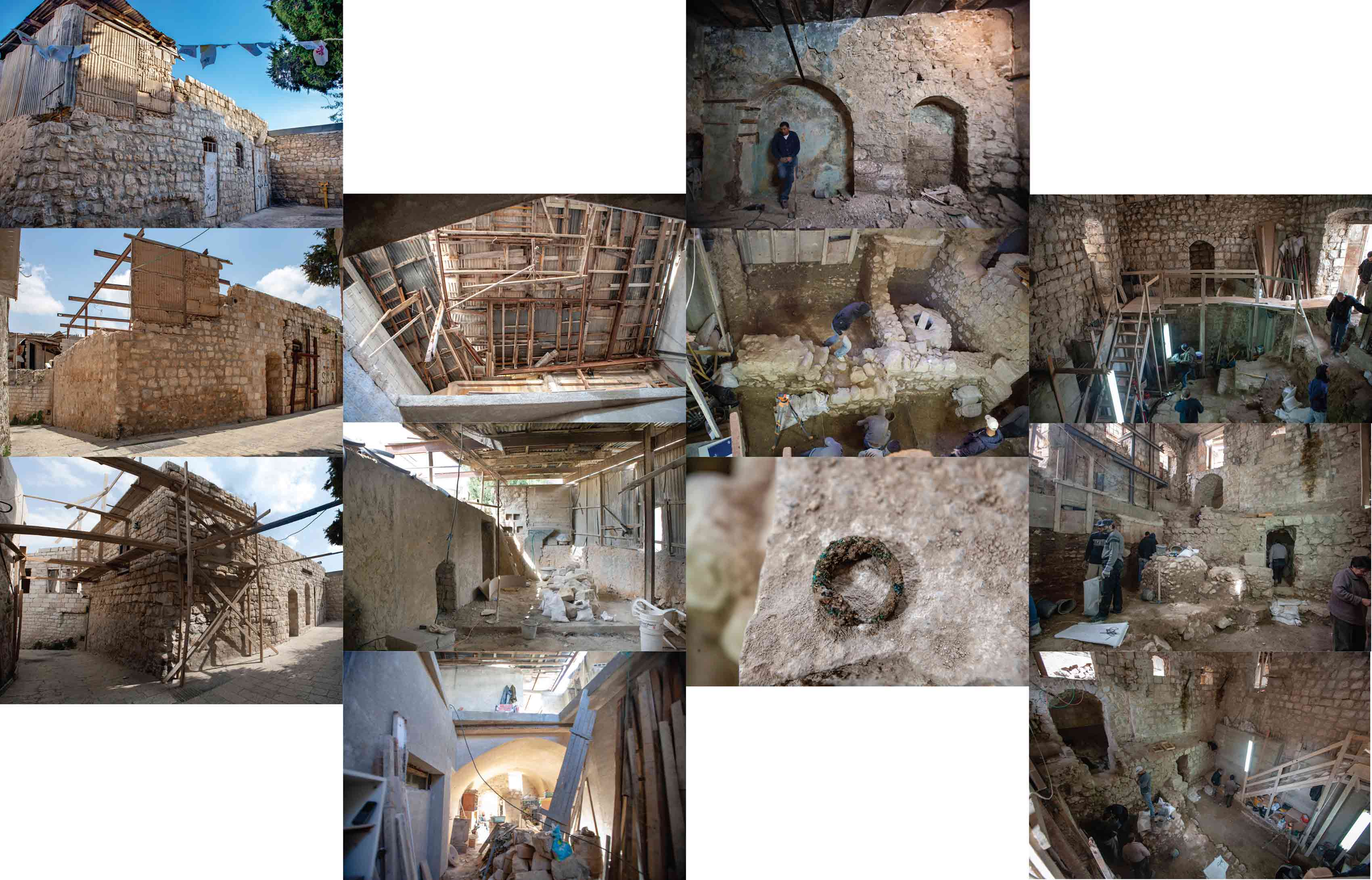

Non -profit organization For Contemporary Art
Al Ma'mal
Vision
Art, culture and the humanities are a significant and essential component of both collective and individual identities. We believe that a healthy productive society must nurture the creative forces within it and provide its members with opportunities to participate in and be exposed to diverse forms of cultural knowledge, critical analysis and artistic currents. Although the creation of an indigenous culture is of vast importance, isolationism and parochialism must be avoided. Hence, in addition to the promulgation of proponents of the local culture we will continue to place great emphasis on exposure to international cultural trends. We consider that a vibrant Palestinian community in Jerusalem and its surrounding is primordial to ensure the needed diversity, dynamism and agency of future generations.
Mission
Al Ma’mal is a non-profit organisation based in a former Tile Factory in New Gate, in the Old City of Jerusalem, serving the Palestinian and international arts and culture community, its surrounding neighbourhood and the city’s visitors through a programme of exhibitions, live music and workshops. Since 1998, Al Ma’mal has been a hub for art, cultural vibrancy and learning while building bridges with the world and honoring Jerusalem’s own enduring qualities as a complex, culturally rich and ageless city.
Al Ma'mal Hisotry
A non-profit organization
For Contemporary Art
The Kassissieh Tile Factory
In 1900, the Kassissieh family established a tile factory in a building inside the Old City of Jerusalem whose origins are unknown, however a photograph by Bonfils dating to 1867 shows the site was already built.
The Kassisieh factory produced the magnificently colored and patterned floor tiles that are known to have decorated Palestinian homes. With over 20 employees, the factory flourished and grew, becoming one of the primary tile factories working in Palestine with their products reaching Bethlehem, Ramallah, Nablus and Amman. The family also opened a factory in the Katamon which was forced to close in 1948.
The tile factory was active until the mid-1970’s until the Jerusalem Municipality withdrew licenses from all factories operating inside the Old City.
Since its closure, the tile factory building was neglected for many years, standing in ruins as the structure deteriorated and its walls falling into despair.
Despite this situation, the municipality continued to impose taxes on the building, accumulating until it reached hundreds of thousands of shekels.
Gallery Anadiel
In the mid-1990’s, a group of artists and activists who were interested on focusing their efforts on Jerusalem gathered to initiate a contemporary art foundation in the city. This initiative would follow in the footsteps of Gallery Anadiel, which was founded in Jerusalem in 1992 and played a key role in networking between contemporary artists in Palestine and worldwide, developing its activities to include community work and art workshops.
Out of principle, the founders determined the foundation would be located in the city of Jerusalem, and specifically inside the Old City. This decision was taken during a period when many Jerusalem institutions were moving their headquarters to Ramallah due to the difficulties people faced in reaching Jerusalem due to restrictions on movement as Israeli roadblocks surrounded the city, this in addition to funding that shifted to the newly established Palestinian National Authority in Ramallah which according to the Oslo Accords was prevented from working in Jerusalem.
The first meetings began at Gallery Anadiel, where amongst the founding members, Issa Jamil Kassissieh proposed renovating the tile factory building and turning it into the headquarters for the foundation. At the time, the building was under the threat of confiscation by the municipality due to the accumulation of debts and the dangerously deteriorating structure. By choosing the tile factory, the foundation would thus be achieving one of its most important objectives, which is having the old city as the headquarters to launch its activities.
Al Ma’mal
In 1998, after an initial agreement was reached with the family of Issa Khalil Kassissieh to transform the building into an art and cultural center, the founders agreed to name the organization ‘al-ma’mal’ (meaning ‘factory’ in Arabic), reaffirming the linkage to the building’s history and keeping its memory alive.
The founding members chose the goat as a symbol for the Foundation logo, a native animal that is known for its steadfastness surviving through rough conditions and terrain with limited food and water, an appropriate symbol that reflects the conditions and environment as well as Al Ma’mal’s enduring journey.
For its initial years, the foundation took the basements of El-Yousef family building across the street from the tile factory as its temporary headquarter until the completion of the restoration work, and from there began to organize activities and programs; exhibitions, art and photography workshops and artist residencies.
While the programs and exhibitions continued on a regular basis and developed until this day, the restoration project faced many challenges and obstacles which at times seemed an impossible mission. The obstacles and difficulties the project faced were as numerous as the number of people and institutions who supported it.

